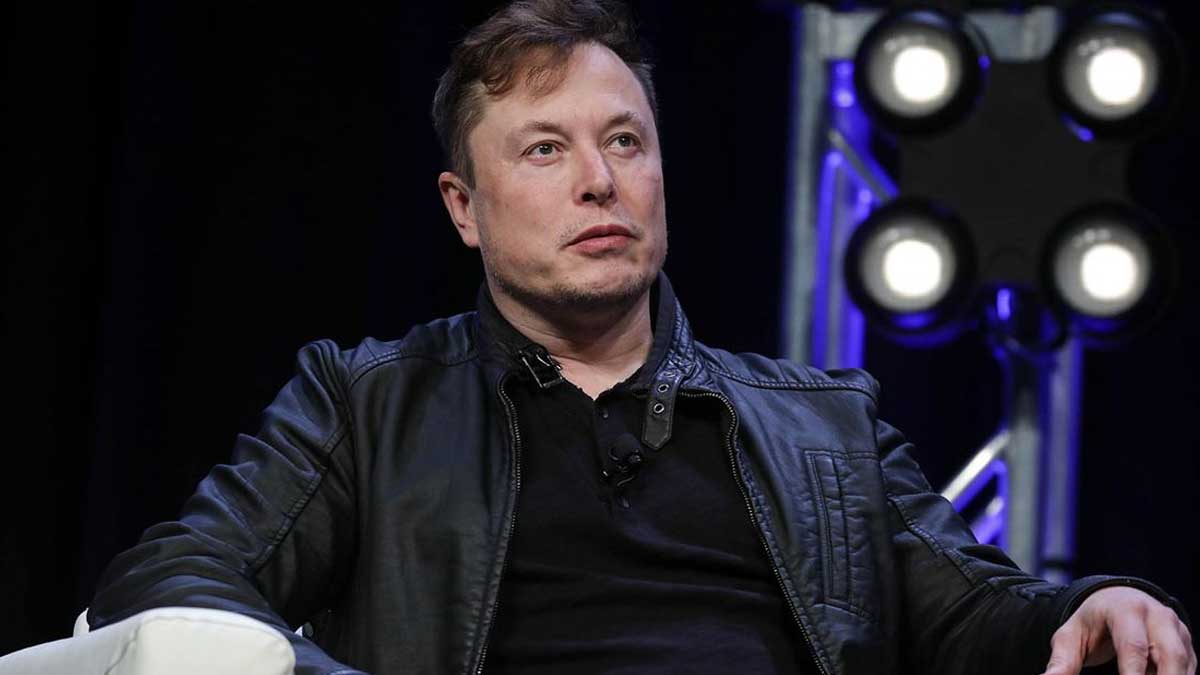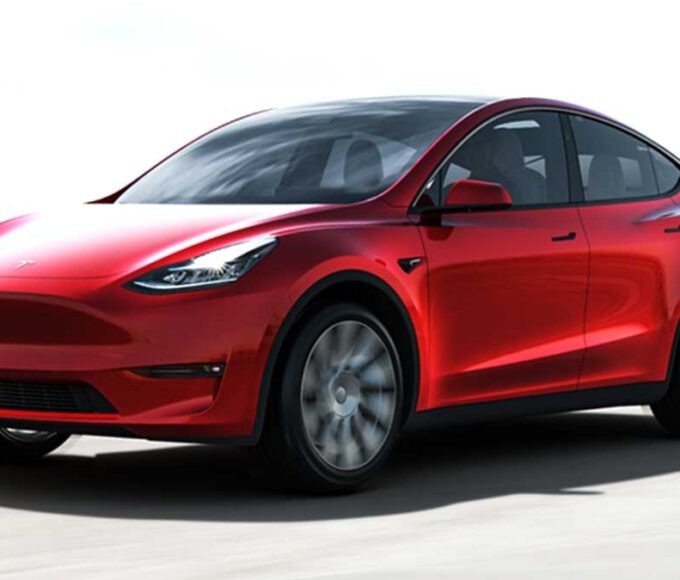- Home
- Billionaires
- Investing Newsletters
- 193CC 1000
- Article Layout 2
- Article Layout 3
- Article Layout 4
- Article Layout 5
- Article Layout 6
- Article Layout 7
- Article Layout 8
- Article Layout 9
- Article Layout 10
- Article Layout 11
- Article Layout 12
- Article Layout 13
- Article Layout 14
- Article Sidebar
- Post Format
- pages
- Archive Layouts
- Post Gallery
- Post Video Background
- Post Review
- Sponsored Post
- Leadership
- Business
- Money
- Small Business
- Innovation
- Shop
Recent Posts
Musk Claims Shareholder Approval for $50B Pay Package

Tesla CEO Elon Musk announced on Wednesday that shareholders have approved the reinstatement of his controversial $50 billion pay package. This claim, if verified, could introduce a new and uncertain legal chapter that may impact Musk’s personal wealth, Tesla’s future, and other companies he is associated with.
The vote itself is primarily symbolic. A favorable outcome for Musk on Thursday will not resolve the legal dispute over his pay package, which was struck down in January by Delaware Court of Chancery Judge Kathaleen McCormick, who described it as “unfathomable.” If Tesla wins the vote, the company might use this shareholder support to challenge or overturn McCormick’s ruling, arguing that shareholders have now “ratified” the proposal, potentially nullifying previous issues with the original package’s approval.
Tesla’s approach is both unusual and untested. Legal experts agree that this situation places Musk, Tesla, and the Delaware court system in uncharted territory. It remains uncertain whether McCormick or an appeals court in Delaware would accept the non-binding vote. The new information does not have the power to reverse a legal matter that has already been decided in court.
The vote does not address some key reasons behind McCormick’s ruling. The judge criticized the Tesla board for being too close to Musk and failing to protect shareholders’ interests. Additionally, the vote raises questions about shareholders possibly being swayed by implicit threats to Tesla’s future if the vote does not favor Musk.
If Tesla’s legal strategy succeeds, numerous legal battles may follow. Shareholders behind the original lawsuit are likely to appeal to Delaware’s Supreme Court, and some might challenge the newly approved pay package, possibly arguing that the revote or negotiation process was unfair or that the board failed its fiduciary duty once again.
While Musk claims the vote has gone in his favor, the official results will not be known until Tesla’s annual meeting on Thursday. It is possible that Musk has declared victory prematurely and shareholders have rejected the package despite heavy campaigning. If shareholders vote no, the issue is unlikely to be resolved quickly. Unresolved issues in McCormick’s original case, such as the settlement of legal fees, have delayed a final ruling on Musk’s pay package. Tesla will need to wait for a final ruling before appealing to Delaware’s Supreme Court. A loss might force Tesla to renegotiate its compensation deal with Musk.
Musk has suggested he might focus more on his other ventures like xAI and SpaceX or even leave Tesla if the vote does not favor him. Tesla chair Robyn Denholm has expressed similar concerns regarding Musk’s future with the company. Analysts have warned that a no vote could trigger a selloff of Tesla stock over fears of Musk’s departure. Other legal avenues, such as Musk suing Tesla directly for payment or using Texas courts, where Tesla plans to relocate, to challenge the Delaware judiciary, remain possibilities.
“Tesla’s position is that if shareholders vote yes, the original problems with the 2018 grant—which it doesn’t concede exist, of course—are cured,” said Ann Lipton, a law professor at Tulane University. However, the investor plaintiff views the new vote as essentially “meaningless,” Lipton added. “Legally, this is very unsettled—nothing like this has been done before.”
Elon Musk is currently the world’s richest person with an estimated net worth of $209.8 billion. He is involved in a range of companies, including the Boring Company, Neuralink, SpaceX, social media platform X, and artificial intelligence startup xAI, many of which he helped found. A significant portion of his wealth is tied to his compensation package with Tesla.
Recent Posts
Categories
- 193cc Digital Assets2
- 5G1
- Aerospace & Defense46
- AI37
- Arts3
- Banking & Insurance11
- Big Data3
- Billionaires449
- Boats & Planes1
- Business328
- Careers13
- Cars & Bikes76
- CEO Network1
- CFO Network17
- CHRO Network1
- CIO Network1
- Cloud10
- CMO Network18
- Commercial Real Estate7
- Consultant1
- Consumer Tech180
- CxO1
- Cybersecurity68
- Dining1
- Diversity, Equity & Inclusion4
- Education7
- Energy8
- Enterprise Tech29
- Events11
- Fintech1
- Food & Drink2
- Franchises1
- Freelance1
- Future Of Work2
- Games141
- GIG1
- Healthcare78
- Hollywood & Entertainment186
- Houses1
- Innovation42
- Investing2
- Investing Newsletters4
- Leadership65
- Lifestyle11
- Manufacturing1
- Markets20
- Media193
- Mobile phone1
- Money13
- Personal Finance2
- Policy567
- Real Estate1
- Research6
- Retail1
- Retirement1
- Small Business1
- SportsMoney33
- Style & Beauty1
- Success Income1
- Taxes2
- Travel10
- Uncategorized8
- Vices1
- Watches & Jewelry2
- world's billionaires418
Related Articles
Tesla Recalls 700,000 Vehicles Over Tire Pressure Issue
Tesla has announced its latest recall of nearly 700,000 vehicles in the...
By 193cc Agency CouncilDecember 20, 2024MicroStrategy Stock Rallies on Nasdaq 100 News
Shares of MicroStrategy surged on Monday following the announcement that the company...
By 193cc Agency CouncilDecember 16, 2024Stanley Recalls Millions of Mugs After Burn Injuries
In a significant recall, Stanley, the well-known brand behind popular stainless steel...
By 193cc Agency CouncilDecember 12, 2024Adobe Shares Drop 12% After Lowering Revenue Outlook
Shares of Adobe experienced a significant drop of over 12% on Thursday,...
By 193cc Agency CouncilDecember 12, 2024















Leave a comment